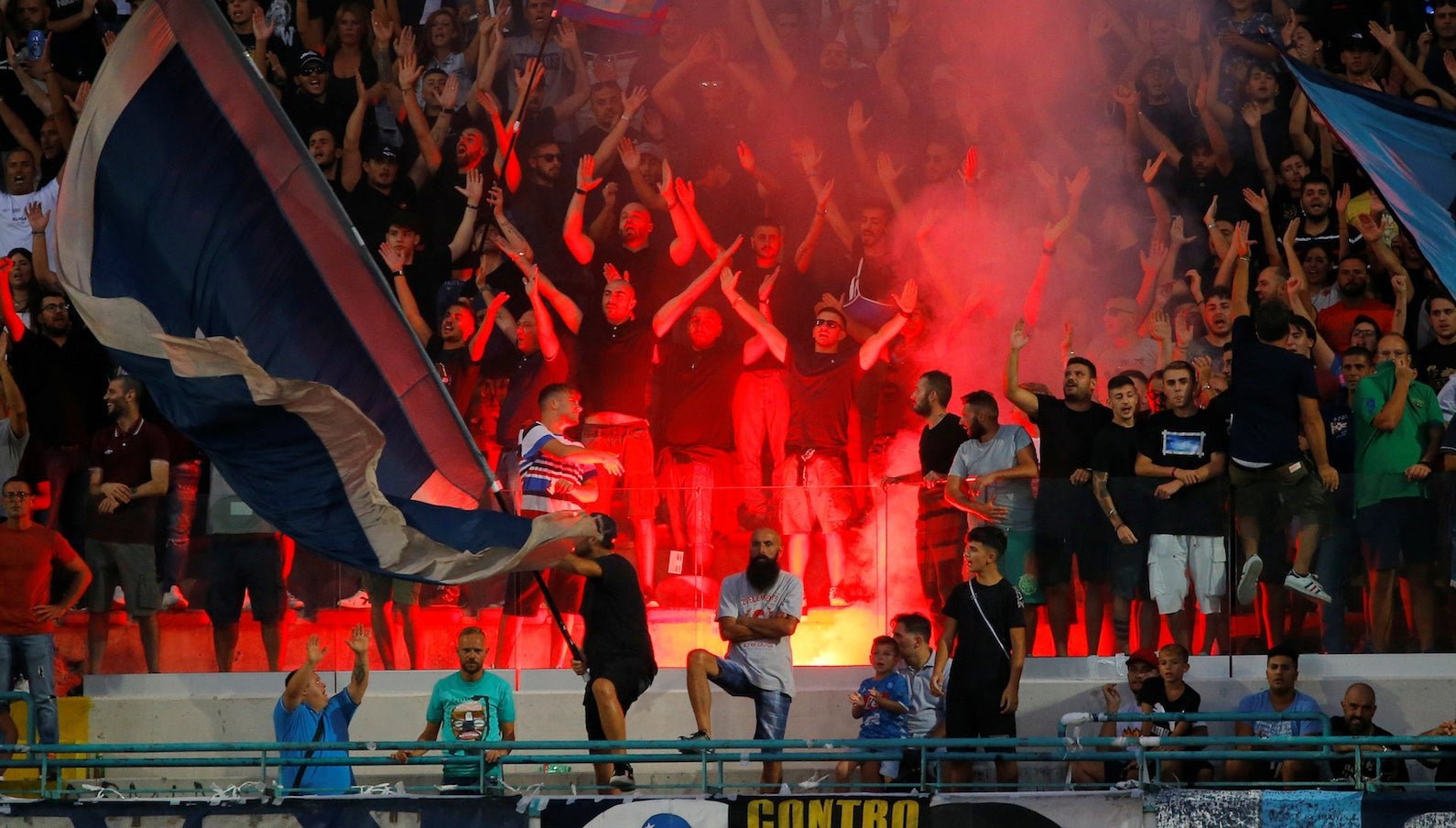Without the support of their fans, a sports team is 20% more likely to lose
“At a football club, there’s a holy trinity—the players, the manager, and the supporters,” said Bill Shankly, the legendary manager of Liverpool soccer club. He added, “Directors don’t come into it. They are only there to sign the cheques.”


“At a football club, there’s a holy trinity—the players, the manager, and the supporters,” said Bill Shankly, the legendary manager of Liverpool soccer club. He added, “Directors don’t come into it. They are only there to sign the cheques.”
The fans of Liverpool have certainly done their part. On one famous night when Liverpool beat Inter Milan at the San Siro in 1965, 20-year-old Tommy Smith said of his own fans in the away end, “When we heard the crowd, I could understand how intimidating it was for the Italians. We could have played Brazil that night and beaten them.”
On another famous European night, a Champions League semi-final battle against Chelsea in 2005, one Liverpool defender said, “The crowd were fantastic, there was no way I could have run like that for 96 minutes if I hadn’t been feeding off the crowd.” John Terry, then-captain of Chelsea, wrote in his autobiography:
I have never heard anything like it before and I don’t think I ever will again. It is the best atmosphere I’ve ever played in. I walked out into that cauldron and heard that singing and saw that passion. The hairs on my arms were standing up. Apart from the volume, it looked spectacular, too. In the seconds before the referee blew his whistle for the start of the match, the whole stadium let out this great long roar as if they were going to power Liverpool to victory.
That’s great support. For how much does it count?
In a new discussion paper (pdf) by researchers from Tilburg University, TecnoCampus, and the University of Lausanne, Fabrizio Colella, Patricio Dalton, and Giovanni Giusti tried to figure out just how much that kind of fan energy means on the court, pitch, field, or wherever.
In 2013, Argentina forced all the soccer teams of the first division to play their games with only home supporters. Supporters of visiting teams were not allowed in stadiums during league games after a fan was killed at a match. “This provides an unusually clean opportunity in a real-world environment to discern the effect of moral support on performance,” the three economics researchers said.
They compared matches from before the ban to those after, analyzing variables such as goals scored, red cards, shots on targets, and corners. They also compared them to the Copa Argentina knockout games during the duration of the ban, which were still played with home and away fans, as a placebo.
“Using data from 1,320 matches played before and after the introduction of the ban, we find that the probability for the visiting team to lose a match without their supporters increases by about 20%,” they said. “Moreover, we find that the lack of supporters of the visiting team increased the score differential between the home team and the visitor.”
They also said that the effect of the loss of home fans is stronger for bigger teams, who have the highest number of supporters who travel to away games. Colella, Dalton, and Giusti also said that, to the best of their knowledge, their paper provides the first empirical evidence on the effect of moral support on performance in a natural competitive environment. Let’s hope that more research is done across various sports.
Their paper, by the way, is called “You’ll Never Walk Alone,” after the Liverpool faithful’s favorite anthem.